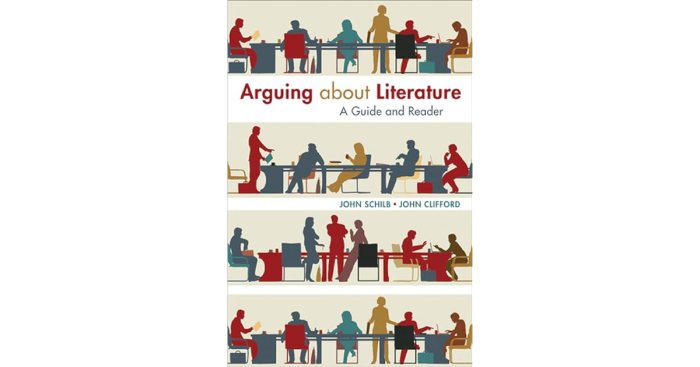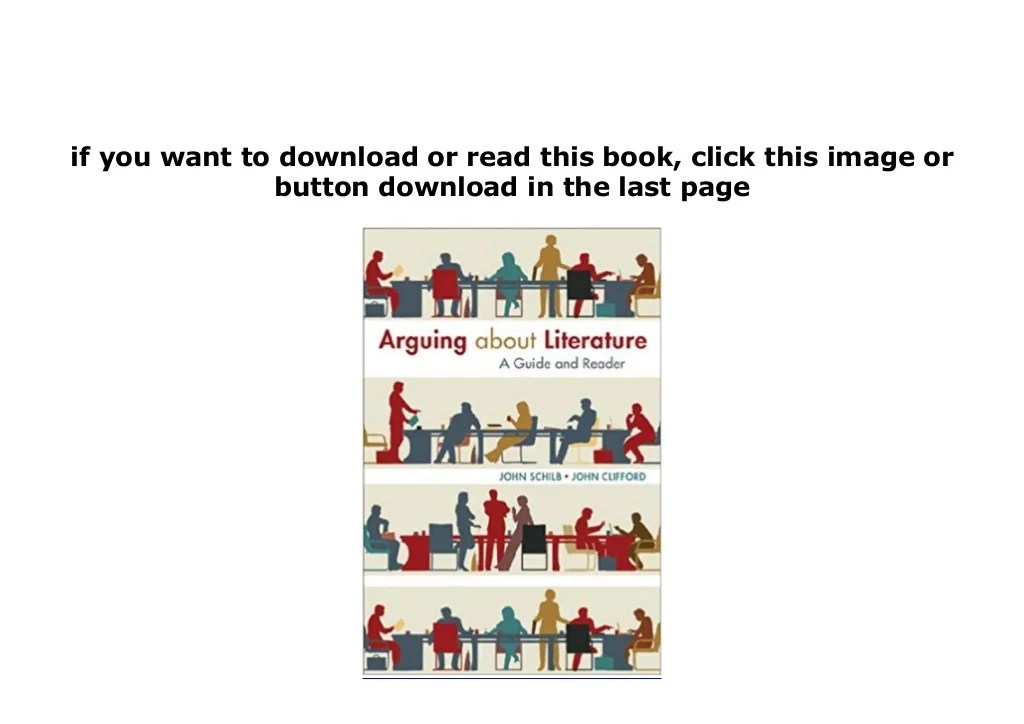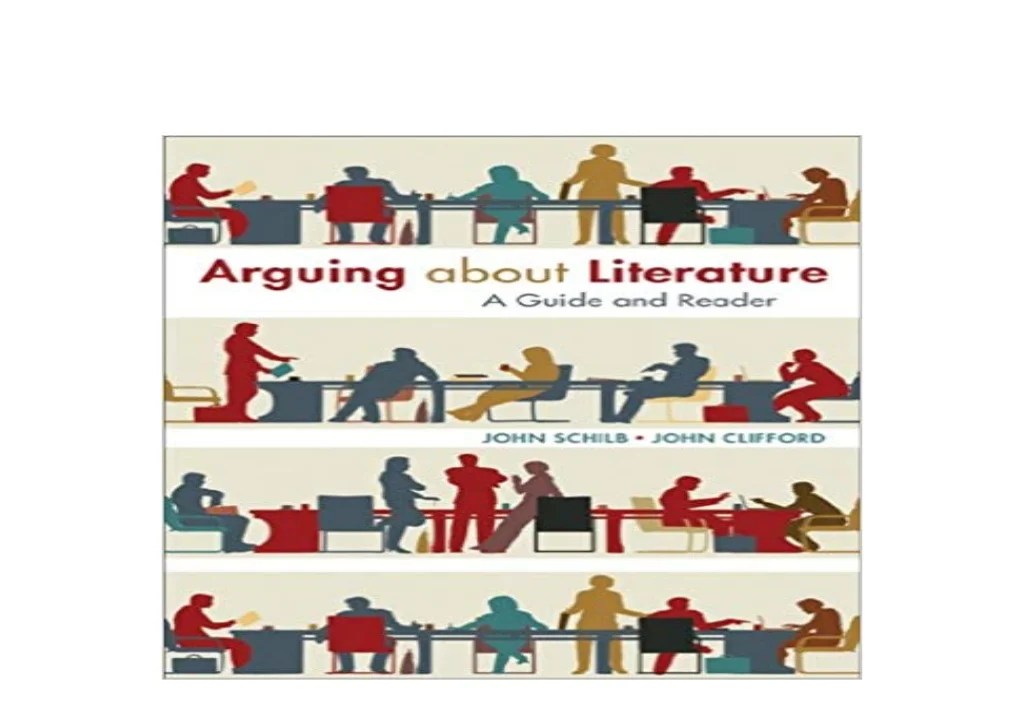Arguing about literature 3rd edition – Arguing About Literature, 3rd Edition, offers a comprehensive guide to critical literary analysis, empowering students, teachers, and scholars with the tools to engage deeply with literary texts.
This updated edition provides a thorough overview of the key concepts and arguments in literary analysis, while also incorporating new insights and examples to enhance understanding.
Overview of Arguing About Literature, 3rd Edition

Arguing About Literature, 3rd Edition is a comprehensive guide to literary analysis, providing students and scholars with the tools and techniques they need to engage critically with literary texts. The book covers a wide range of topics, from the basics of literary analysis to more advanced concepts such as close reading, rhetorical analysis, and cultural criticism.
The book is written in a clear and concise style, and it is packed with examples from a variety of literary genres. It is an essential resource for anyone who wants to develop their skills in literary analysis.
Target Audience and Intended Use
Arguing About Literature, 3rd Edition is intended for use in undergraduate and graduate courses in literary analysis. It is also a valuable resource for scholars who want to refresh their knowledge of the field.
Key Concepts and Arguments
The book presents a number of key concepts and arguments about literary analysis. These include:
- The importance of close reading
- The role of context in literary interpretation
- The value of different critical approaches
- The importance of developing one’s own critical voice
Key Features of the Book

Arguing About Literature, 3rd Edition offers a number of unique features that distinguish it from other books on literary analysis.
Strengths
- Comprehensive coverage of literary analysis
- Clear and concise writing style
- Abundant examples from a variety of literary genres
- Emphasis on critical thinking and close reading
Weaknesses, Arguing about literature 3rd edition
- Some sections are more technical than others
- The book does not provide a comprehensive overview of all critical approaches
Comparison to Other Resources
Arguing About Literature, 3rd Edition is a more comprehensive and up-to-date resource than other books on literary analysis. It is also written in a more clear and concise style.
Applications in Literary Analysis: Arguing About Literature 3rd Edition

Arguing About Literature, 3rd Edition can be used to analyze a wide range of literary texts. Here are a few examples:
- A close reading of a short story
- A rhetorical analysis of a political speech
- A cultural criticism of a novel
The book can also be used to develop lesson plans and assignments for literary analysis courses.
Benefits and Limitations
Using Arguing About Literature, 3rd Edition as a guide for literary interpretation has a number of benefits. These include:
- It provides a clear and concise overview of the key concepts of literary analysis.
- It offers a variety of examples from a variety of literary genres.
- It helps students develop their critical thinking skills.
However, there are also some limitations to using the book as a guide for literary interpretation. These include:
- It does not provide a comprehensive overview of all critical approaches.
- It can be difficult for students to apply the concepts to their own writing.
Pedagogical Considerations
Arguing About Literature, 3rd Edition is well-suited for use in a variety of educational settings. It can be used in undergraduate and graduate courses in literary analysis, as well as in high school English classes.
Suggestions for Use
- Use the book as a primary text for a literary analysis course.
- Use the book as a supplementary text for a course on literary theory or criticism.
- Assign the book as reading for a specific unit on literary analysis.
- Use the book as a resource for developing lesson plans and assignments.
Best Practices
- Encourage students to read the book carefully and to take notes.
- Lead students in discussions of the key concepts of literary analysis.
- Provide students with opportunities to practice literary analysis.
- Use the book as a resource for developing your own teaching materials.
Essential FAQs
What is the purpose of Arguing About Literature, 3rd Edition?
To provide a comprehensive guide to critical literary analysis, helping readers develop their skills in analyzing and interpreting literary texts.
Who is the target audience for this book?
Students, teachers, and scholars of literature who seek to enhance their understanding of literary analysis and interpretation.
What are the key features of this edition?
Updated content, new insights and examples, and a focus on developing critical thinking and literary appreciation skills.
